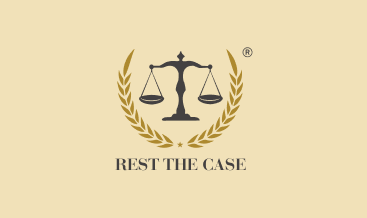Know The Law
DIVIDEND

What is a Dividend?
A dividend is the distribution of a corporation's earnings to a class of shareholders, determined by the directors' board. The shareholders of the dividend-paying companies are eligible as long as they own the stock. Dividends are paid either in the form of additional stock or as cash.
POINTS TO REMEMBER
- A dividend is the distribution of some part of the company's earnings to its shareholders' class.
- These are payments that the publicly-listed companies make.
- They are paid as a reward to the investors for investing the money in the venture.
- Dividend payout announcements are accompanied by a proportional decrease or increase in the stock price of the company.
Dividend-Paying Companies
Established and larger companies with predictable profits are the best dividend payers which tend to issue dividends regularly as they maximize the shareholder wealth in many ways.
- Oil and gas
- Basic materials
- Healthcare and pharmaceuticals
- Banks and financial
- Utilities
These companies are observed to be maintaining a record of dividend payments regularly.
Understanding Dividends
The company’s shareholders approve dividends through voting rights. Cash dividends are common, but dividends can be issued as shares of other property or stock shares. Various exchange-traded funds (ETF) and mutual funds pay dividends.
A dividend is a reward paid to the shareholders for investing in the equity of a company and originates from the company's net profits. The remainder earnings are given to the shareholders as dividends while the major part of the profits is retained earnings within the company.
Why Do Companies Pay Dividends?
The companies pay dividends for various reasons, which vary according to different interpretations and implications for investors.
The owners or shareholders expect dividends as a reward as they invest their trust in a company. The company management honours the sentiment by delivering dividend payments, which help maintain the investors’ trust and positively reflects a company.
The shareholders prefer dividends because it is a tax-free income for them in many countries. Capital gains by the sale of a share whose price is increased is a taxable income. Traders looking for short-term gains prefer dividend payments as it offers an instant tax-free gain.
A high-value dividend declaration can either indicate the company's ability to generate good profits and do well or indicate the company's inability to generate better returns.
CONCLUSION
The dividend is a cash reward or otherwise given by the company to its shareholders. They are issued in the form of stocks, cash payment, or any other form. It is no obligation for the company to pay a dividend. It is a part of the company’s profit that it shares with the shareholders.





